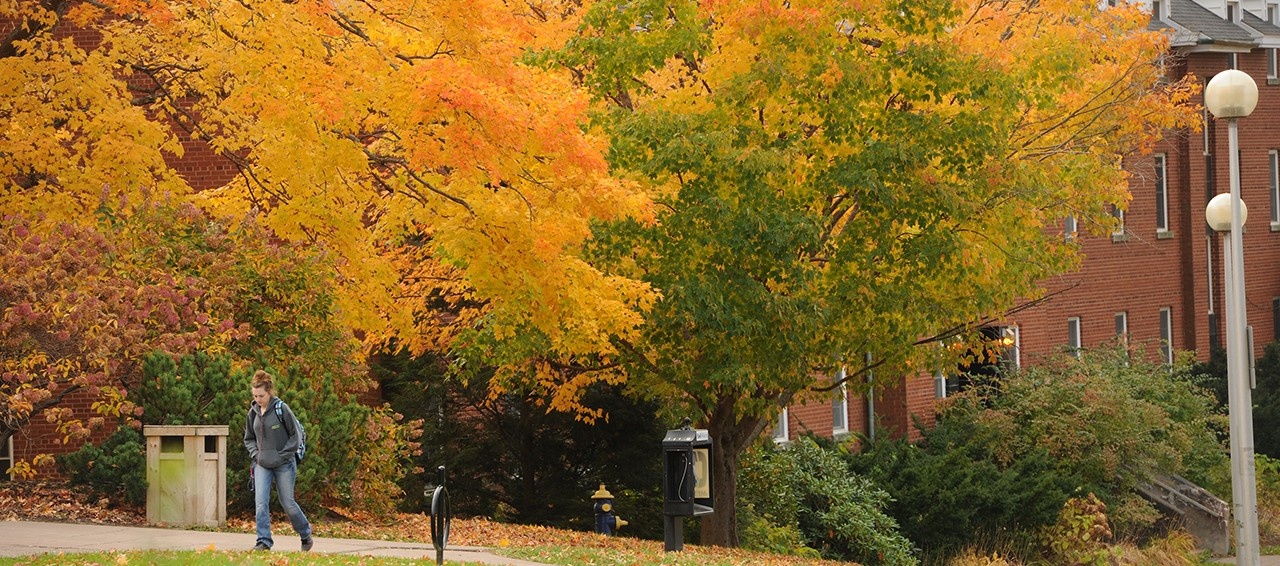ANSC3007 Wildlife Ecology in South Africa
Next offering May 2026 - stay tuned for more information!
°ä´Ç˛ÔłŮ˛ął¦łŮĚýintdalac@dal.caĚýif you have questions or would like us to send you the application information for the next cohort when it becomes available. This course is usually offered only every other year - so next offering after the 2024 cohort is tentatively 2026. Note a minimum of 15 students is required to run the course.
Ěý
Course Information:Ěý
**ANSC 3007 is eligible to count toward a general or ANSC elective for any B.Sc. (Agr) program.Ěý(A minimum of 15 sudents is required to run the course)Ěý
Run collaboratively by Rhodes University’s Wildlife and Reserve Management Research Group, South Africa.ĚýA group of 13-15 students will visit Rhodes and the Eastern Cape for an intensive 3-week course on African Wildlife Ecology based at the Amakhala Game Reserve. The students will be given lectures on topics such as anthropology, ecology, animal behaviour, palaeontology, and the climate and history of the region. They will also conduct short individual research projects, and will be taken on fieldtrips to surrounding areas to experience various ecosystems (including Addo Elephant Park and Mountain Zebra National Park).
When: Summer term; ~May 30 to ~June 21.
Where:ĚýEastern Cape South Africa game reserves
Instructors:
Dr. Miriam Gordon, Animal Science and Aquaculture, Faculty of Agriculture
Cynthia Parks, Plant Food & Environmental Sciences, Faculty of Agriculture
, School of Biology and Environmental Sciences, Faculty of Agriculture and Natural Sciences, University of Mpumalanga, Nelspruit
Publications:
Catch up on the AWE DalBlog for a day-to-day account ofĚý
Andrew Greene and Janessa Henry, students in the AWE 2016 pilot, discuss their once in a lifetime experience on page 9 of the .
Dr. Dan Parker details what students can expect from the African Wildlife Ecology in course in the article
For more information contactĚýintdalac@dal.ca
Student Cost (Estimated):
$4500 - $6500CAD
Included:Ěý airfare, accommodations, meals, local transportation.
Excluded: course & tuition fees, required vaccinations and physician consults, personal purchases (souvenirs, alcoholic beverages).
Funding Assistance
Information about funding assistance and payment schedule will be posted as information is confirmed. Watch for updates on our social media and website.
Study/Work International Fund (SWIF)ĚýĚý
This course may be eligible to submit an application to the Study/Work International Fund (SWIF). SWIF was established by AVľăŔÖ˛ż as part of the Student Assistance Program, SWIF provides financial assistance to AVľăŔÖ˛ż and King's students who want to take part in an international placement. There is a maximum award of $2,000 CAD per applicant. SWIF supports study, work, or practicum placements for which AVľăŔÖ˛ż will give a degree credit.
For more information on funding and eligiblity:
Contact AVľăŔÖ˛ż AC International atĚýintdalac@dal.ca or visit AVľăŔÖ˛ż's International Learning Experiences Funding page for further details and eligibility information on SWIF and other funding opportunities.
